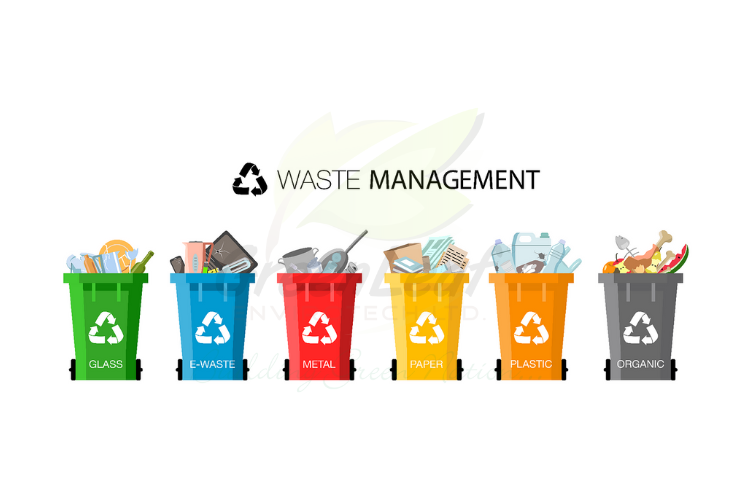The wastewater treatment technology may vary depending on factors such as the volume and quality of the wastewater, available resources, local regulations, and environmental conditions. However, the emerging technologies well-suited to the Indian context are as follows:
Advanced Oxidation Processes (AOPs): These are group of chemical and physical processes that use highly reactive oxidants to remove organic and inorganic pollutants from wastewater.
Constructed Wetlands: These are engineered systems that utilize vegetation, soil, and microorganisms to remove pollutants from wastewater before it is returned to the environment.
Microbial Fuel Cells (MFCs): This technique harness metabolic activity of specific microorganisms to generate electricity, thereby promoting treatment of wastewater.
Bio electrochemical System (BESs): This method is similar to MFCs, but the electrode configuration is quite complex here and it employs various species of microbes to treat wastewater.
Membrane Bioreactors (MBR): It combines biological treatment with membrane filtration.
Hybrid System (Combination of advanced and conventional methods): By combining the strengths of multiple treatment technologies, hybrid systems can achieve higher levels of treatment efficiency, flexibility, and cost-effectiveness compared to individual systems.
Artificial Intelligence and Machine Learning for Optimization & Control: It is used to monitor and control treatment processes, optimize energy consumption, predict and prevent process failures & improve decision making.
In order to identify the most ideal treatment solution, it is important to conduct a detailed analysis (qualitative and quantitative) of local conditions and requirements which may vary on geographical grounds as well as level of contamination.
Emerging Trends in Wastewater Treatment Technologies
As the demand for efficient and sustainable wastewater treatment continues to rise, the wastewater industry is witnessing the emergence of several innovative technologies. These cutting-edge solutions aim to address environmental concerns, enhance treatment efficiency, and promote the reuse of water resources. Here are some of the notable trends shaping the future of wastewater treatment:
- Membrane Bioreactors (MBRs): Membrane bioreactors integrate biological treatment processes with membrane filtration, offering enhanced solids removal and high-quality effluent. MBRs are gaining popularity for their compact design and ability to produce treated water suitable for various applications.
- Advanced Oxidation Processes (AOPs): AOPs involve the generation of powerful oxidants to break down pollutants in wastewater. Technologies like , ultraviolet (UV) irradiation, and Fenton reactions are being employed to target persistent organic pollutants, pharmaceuticals, and personal care products.
- Smart Monitoring and Control: The integration of sensors, data analytics, and real-time monitoring systems allows for more efficient and responsive wastewater treatment operations. Smart technologies enable plant operators to optimize processes, detect anomalies, and make data-driven decisions.
- Decentralized Treatment Systems: Decentralized treatment systems, including modular and containerized solutions, are gaining traction. These systems offer flexibility, scalability, and the ability to treat wastewater closer to the source, reducing the need for extensive sewer infrastructure.
- Resource Recovery and Reuse: Wastewater is increasingly viewed as a valuable resource rather than a waste product. Technologies for recovering energy, nutrients, and purified water from wastewater are being developed, contributing to a more circular and sustainable approach to water management.
These emerging trends signify a shift towards more sustainable, efficient, and adaptable wastewater treatment practices. As technology continues to advance, the wastewater treatment industry plays a crucial role in safeguarding environmental health and promoting responsible water management.

